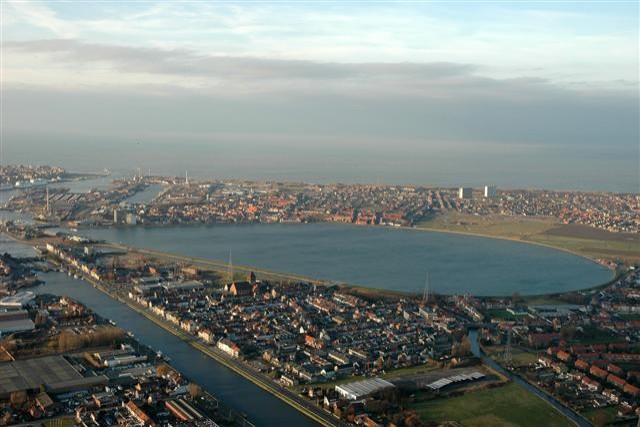The River Shri (also called
Hari) will no longer flow in coming days – an old farmer opined by last January, 2013. People,
living villages near Beel Khuksia informed that in this year from mid January
they found huge sedimentation in the river. Siltation in river bed has already
been restarted on the upstream of Shri Bridge within few days after closing the free tidal movement
towards beel Khuksia (the wet land at Keshobpur
upazila under Jessore District in Bangladesh where Tidal River Management
(TRM) was run over last 6 years). During end of December 2012, local people
closed the embankment cut by standing against to the Government authority. They
said that the proposed time to implement TRM in beel Khuksia has been over and they
want to start cultivation in the beel from this year. They think, this is the high time to go TRM to beel Kapalia, the next selected TRM basin in
the upstream of the Shri catchment. But
the authority (i.e BWDB) has never been able to start TRM in beel Kapalia yet
due to public demonstration on last June 2012. So, now the river has no place
to spread out the silt load, it carrying from the Bay. According to BWDB and
concern experts, if TRM will not be started immediately at beel Kapalia or any
other beel near Bhabodah, it will be difficult to keep alive the river
Shri/Hari-Mukteshwari and the surrounding area will go to be water logged again.
In beel Kapalia, one community group with some NGOs are aware about the
upcoming stress on the river but another group are not. In this situation, a
public meeting was held near Bhabodah sluice gate on 28 January 2013 where
people committed to open the embankment near the Bhabodah gate and connect river
to beel Kapalia within two weeks by self labor (Daily Prothom Alo, 5 Feb, 2013).
But, the second group with marginal farmers oppose to install TRM in that beel
during this season because they just finished Boro cultivation in the beel. Finally,
the first group was going to open the embankment to allow river flow to beel
Kapalia at mid night on 3 February. They cut 200 ft embankment. On next morning
(4 February), the opposition group started to close the cutting point. That
time two groups fought there!! It is reported that one person, Mr. Halim of
Pachakori village at Monirampur upazila was injured (by bullet), though police
said there was no shooting. The BWDB act was also no more focused there.
However, the reality is that the people of beel Kapalia (especially
small farmers) will lose their Robi crop (winter crop is their major practice
in this low land) if tidal water goes to beel just now. One the other hand, TRM
should be started immediately otherwise the life in this Bhabodah area and the
entire Hari-Muktheswari catchment will start suffering more again by coming
monsoon.



